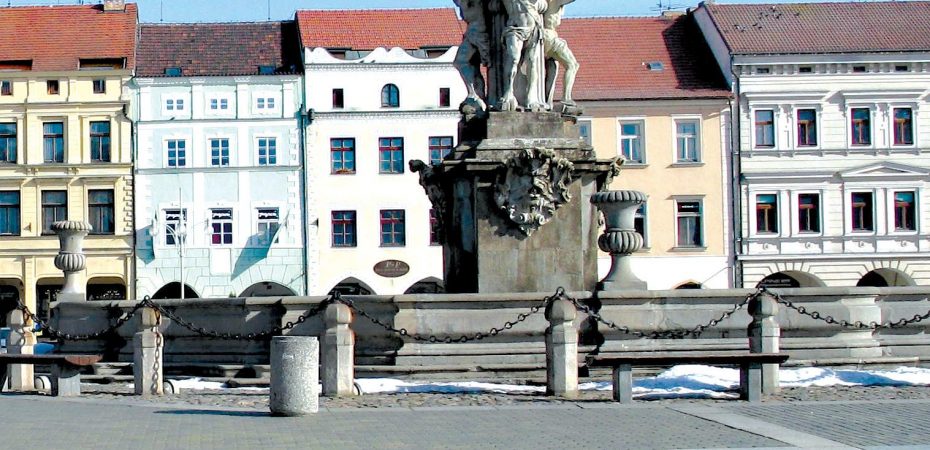The house lights dim; a ripple of applause sweeps the auditorium; a familiar tune begins as Tony Bennett raises the microphone. Spotlight, anticipation, the moment.
“I left my scarf… in Cesky Krumlov…”
The celebrated crooner may not have mislaid his muffler, but I certainly did earlier this year. We had been attached for some time but drifted apart in Na Ostrove, high on a hill in the heritage town in South Bohemia in the Czech Republic. The bread with chunky pork fat and smoked bacon had been a distraction, or was it the pork cutlet and potato pancake? Could it perhaps have been the slivovice – plum brandy – or the local Eggenberg Svetle Lezak, a powerfully floral beer with sweet butterscotch notes and a zesty, firm, delightfully balanced character? Or was it the classic Budweiser Budvar, that attractively headed beer with its nasal grapefruit sharpness, viscous, bittersweet body and dry biscuit malt palate?
Cesky Krumlov is a World Heritage Site, effectively two towns which merged into one after centuries of brewing disputes. Bickering over wheat beer privileges were solved by simply uniting neighbours Latran and Krumlov – and their breweries, which have been passed from the Eggenberg family to the Schwarzenbergs and on to present owners, Dionex. (You don’t have to delve far into Czech history to uncover an Eggenberg hand or a Schwarzenberg influence somewhere along the line). Czechs take immense satisfaction at being regarded as the world’s greatest brewing nation – and the world’s biggest beer consumers per head of population. They were the first to use hops – more than 1,000 years ago – and the pioneering golden lager from the city of Plzen has developed into the most popular beer style in the world.
When young Bavarian brewer Josef Grolle presented his first Pilsner Urquell on October 4 1842, it spread across Europe like wildfire to be absorbed by various nations such as Germany and Holland virtually as their indigenous style. It has spread so far and brewers have got so good at replicating it that the gold medal for ‘Bohemian-style lager’ at this year’s World Beer Cup in San Diego, California, went to the Malt Shovel Brewery in Sydney. The silver was awarded to Hopworks Urban Brewery in Portland, Oregon, with in bronze position, Gambrinus Premium, the sister brewery to Pilsner Urquell, both of which operate under the Plzensky Prazdroj umbrella.
Maybe it was just a matter of time that the rest of the world caught up – although 164 years isn’t exactly sudden – but the news has been met by an ambivalent attitude and a shrug that suggests “does it matter, anyway?”
Vaclav Berka, senior trade brewmaster at Plzensky Prazdroj – who oversees production of both Gambrinus and Pilsner Urquell – believes that with so much pilsner consumed around the globe, the awards demonstrate that it doesn’t matter on which continent the style is brewed. And Tomas Maier from the Czech Beer Consumers’ Union, says: “It’s no surprise that an excellent Bohemian-style pilsner can be brewed elsewhere.”
Article continues in Beers of the World Magazine issue 19

